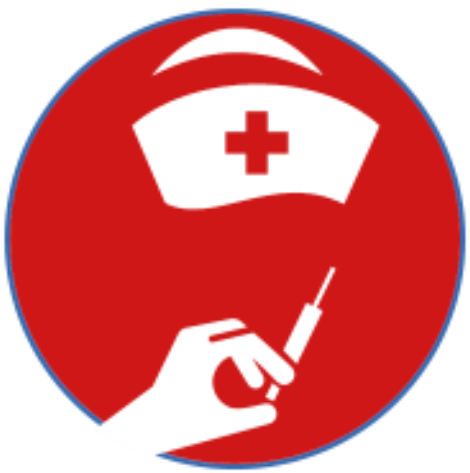Questions
Question 1
__________ controls hormone concentrations.
- Positive feedback
- Muscle contraction
- Exposure to sun
- Negative feedback
Question 2
Cortisol
- increases the permeability of lysosomal membranes.
- promotes the storage of amino acids in the form of proteins.
- stimulates the production of glucose from noncarbohydrates.
- increases the permeability of capillary walls.
Question 3
- cause messenger RNA synthesis.
- combine with protein receptor molecules.
- all of the above.
- are soluble in lipids.
Question 4
Compared to the nervous system, the endocrine system
- takes only seconds.
- may have a longer lasting effect.
- does not use receptors.
- is not essential to life.
Question 5
Parathyroid hormone stimulates the activity of bone-resorbing osteoblasts.
- True
- False
Question 6
All hormones are
- organic compounds.
- proteins.
- steroids.
- inorganic compounds.
Question 7
Steroid hormones diffuse through cell membranes, then bind with receptors, whereas non-steroid hormones bind receptors on the target cell membrane.
- True
- False
Question 8
Down-regulation of a target cell can occur in response to
- signals from the posterior pituitary.
- prolonged decrease in the level of a hormone.
- prolonged increase in the level of a hormone.
- signals from antagonistic hormone products.
Question 9
With age,
- levels of GH decrease but of ADH increase.
- levels of GH increase but of ADH decrease.
- levels of GH and ADH both decrease.
- levels of GH and ADH both increase.
Question 10
Infantile hypothyroidism results from
- hyperthyroidism in an adult.
- lack of prolactin.
- a deficiency of thyroid hormones at birth.
- hypothyroidism in an adult.
Question 11
Glucagon is also called hypoglycemic factor.
- True
- False
Question 12
The thymus gland secretes hormones called _____ that _______.
- thyroxines; control metabolism
- melatonins; control circadian rhythms
- prostaglandins; control strength
- thymosins; control production and differentiation of white blood cells
Question 14
Diabetes mellitus results in
- reduced urinary output.
- protein in the urine.
- urine with high osmotic pressure.
- low blood sugar.
Question 14
The Edmonton protocol is
- a pancreatic islet transplant.
- a type of insulin.
- a way to replace the thyroid gland.
- an infusion of hormones from the adrenal cortex.
Question 15
A sweat gland is an example of a(n) _______ gland.
- endocrine
- exocrine
- paracrine
- autocrine
Question16
Athletes abuse erythropoietin (EPO) because this hormone
- adds protein to plasma.
- decreases the number of red blood cells.
- increases the number of red blood cells.
- increases the number of white blood cells.
Question 17
“Endocrine” means
- hormone synthesis.
- acts upon target cells.
- internal secretion.
- fast-acting compound.
Question 18
Upregulation of a target cell can occur in response to
- signals from the posterior pituitary.
- prolonged decrease in the level of a hormone.
- signals from antagonistic hormone products.
- prolonged increase in the level of a hormone.
Question 19
The hormone that the pineal gland secretes is
- melatonin.
- myostatin.
- melanoma.
- beta endorphin.
Question 20
Aldosterone promotes the homeostasis of ions by causing the kidneys to
- excrete sodium and conserve potassium.
- conserve sodium and excrete potassium.
- conserve sodium and potassium.
- excrete sodium and potassium.
Question 21
A hormone whose effects last a long time has a ____ half-life.
Answer:
Question 22
Graves disease, the most common form of hyperthyroidism, is caused by
- an autoimmune disorder.
- a lack of iodine.
- an improper diet.
- an excess of iodine.
Question 23
The _______ secretes triiodothyronine.
- pancreas
- thyroid gland
- parathyroid gland
- adrenal gland
Question 24
Calcitonin is produced in the ______ gland.
Answer –
Question 25
The nervous system releases neurotransmitters into synapses. In contrast, the endocrine system releases _______ into the bloodstream.
Answer:
ANSWERS
Question 1
__________ controls hormone concentrations.
- Positive feedback
- Muscle contraction
- Exposure to sun
- Negative feedback
To access all answers (100 % accurate), use the purchase button below.
